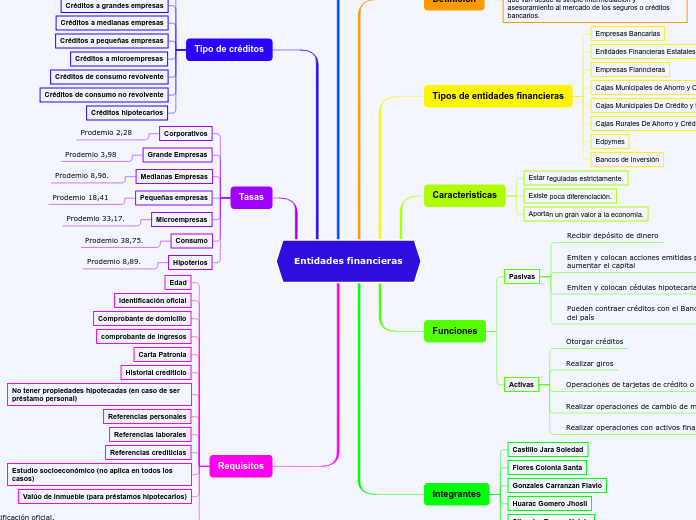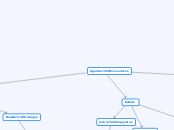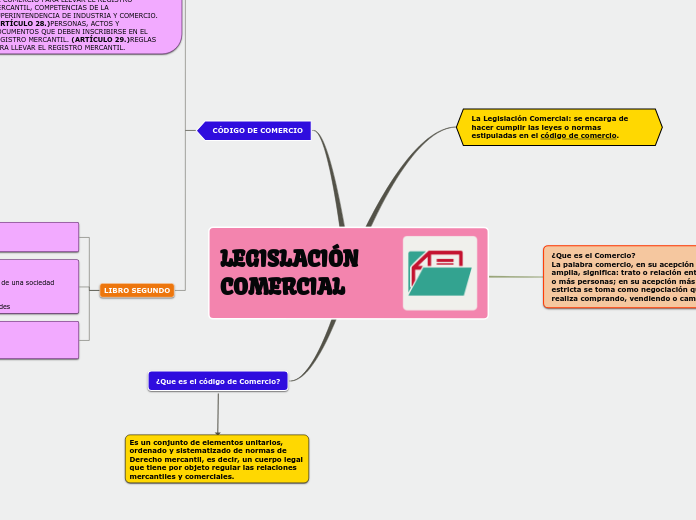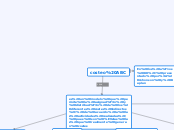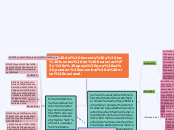Entidades financieras
The part of speech is a category to which a word is assigned according to its syntactic functions. In English the main parts of speech are noun, pronoun, adjective, determiner, verb, adverb, preposition, conjunction, and interjection.
Requisitos
A conjunction is a word like 'if' 'but' or 'and' which is used to connect sentences or clauses together.
Requisitos préstamo personal
Create sentences
Solicitud de préstamo llena
Comprobante de ingresos
Comprobante de domicilio no mayor a 2 meses.
Identificación oficial.
Valúo de inmueble (para préstamos hipotecarios)
Estudio socioeconómico (no aplica en todos los casos)
Referencias crediticias
Referencias laborales
Referencias personales
No tener propiedades hipotecadas (en caso de ser préstamo personal)
Historial crediticio
Carta Patronla
comprobante de ingresos
Comprobante de domicilio
Identificación oficial
Edad
Tasas
A preposition is one of the most exciting parts of grammar. A preposition is used to describe the location of something in relation to something else.
Hipoterios
Subordinating conjunctions are conjunctions that are used at the beginning of subordinate clauses. Some examples of these conjunctions are: although, after, before, because, how, if, once, since, so that, until, unless, when etc.
Prodemio 8,89.
Consumo
Coordinating conjunctions always connect phrases, words, and clauses. They are: for, and, nor, but, or, yet, so.
Prodemio 38,75.
Microempresas
A group of words used with the force of a single preposition is called phrase preposition.
Prodemio 33,17.
Pequeñas empresas
Participle preposition consists of words that end in “ing”.
Prodemio 18,41
Medianas Empresas
When a preposition consists of more than one word, it is called double preposition.
Prodemio 8,96.
Grande Empresas
Compound preposition consists of two or more words.
Prodemio 3,98
Corporativos
When a preposition consists of one word it is called single or simple preposition.
Prodemio 2,28
Tipo de créditos
An interjection is used to express emotion in a sentence.
Think of other interjections!
Créditos hipotecarios
Créditos de consumo no revolvente
Créditos de consumo revolvente
Créditos a microempresas
Créditos a pequeñas empresas
Créditos a medianas empresas
Créditos a grandes empresas
Créditos corporativos
Importancia
An adverb is used to describe a verb, but it can also describe an adjective or another adverb.
Adverbs normally help paint a fuller picture by describing how something happens.
Proporcionar la liquidez que necesita la economía para continuar con su crecimiento.
Facilitar el sistema de pagos y reducir el uso del dinero físico (menores riesgos)
The intensifiers strengthen adverbs adjectives and adverbs and down- toners make them weaker.
Tener un historial crediticio.
Crecimiento (ser sujeto de crédito y mejorar mi negocio propio)
Darle mayor valor al dinero (rentabilidad)
Integrantes
Zuñiga Rodriguez Angela
Silvestre Ramos Nataly
Huarac Gomero Jhosli
Gonzales Carranzan Flavio
Flores Colonia Santa
Castillo Jara Soledad
Funciones
A pronoun is a word that can be used in place of a noun, typically after the noun itself has already been stated.
Activas
Possessive pronouns are used to show possession. The possessive pronouns are mine, yours, his, hers, ours, and theirs.
Realizar operaciones con activos financieros
A linking verb connects the subject with a word that gives information about the subject, such as a condition or relationship.
Mercado de valores
Realizar operaciones de cambio de monedas
Operaciones de tarjetas de crédito o débito
Realizar giros
Otorgar créditos
Pasivas
The personal pronouns are I, you, he, she, it, we, they. More often than not (but certainly not always), they replace nouns representing people.
Pueden contraer créditos con el Banco Central del país
Superlative adjectives demonstrate a higher level of comparison between entities.
Emiten y colocan cédulas hipotecarias y deuda
Demonstrative pronouns are used to demonstrate (or indicate). This, that, these, and those are all demonstrative pronouns.
Emiten y colocan acciones emitidas para aumentar el capital
Recibir depósito de dinero
Caracteristicas
An adjective is a word that's used to describe a specific noun and to provide more detail to the listener.
Aportan un gran valor a la economía.
Existe poca diferenciación.
Estar reguladas estrictamente.
Expresses a comparison between two entities or groups of entities in quality or degree.
Tipos de entidades financieras
A noun is defined as a person, place, thing or idea. Proper nouns always begin with a capital letter. Common nouns, which are general words, such as 'cars,' are not capitalized.
Bancos de Inversión
Edpymes
A modal is a type of auxiliary (helping) verb that is used to express: ability, possibility, permission or obligation. The main modal verbs in the English language are: can, could, may, might, must, shall, should, will, would.
Cajas Rurales De Ahorro y Crédito (CRAC)
An auxiliary verb helps the main (full) verb and is also called a 'helping verb.' With auxiliary verbs, you can write sentences in different tenses, moods, or voices.
Cajas Municipales De Crédito y Popular (CMCP)
Cajas Municipales de Ahorro y Crétido (CMAC)
Compound nouns are words where two nouns have been stuck together to make a new noun. Compound nouns should be written as one word, without a hyphen.
Empresas Fianncieras
A noun which refers to a group of things/people.
Entidades Financieras Estatales
Countable nouns are nouns that can be counted, even if the number might be extraordinarily high.
Uncountable nouns are nouns that come in a state or quantity which is impossible to count; liquids are uncountable, as are things which act
like liquids.
Empresas Bancarias
Proper nouns are the names of specific people or places. They should always begin with a capital letter.
Definición
A verb is an action word or 'doing' word that signifies movement in some way.
Es cualquier entidad o agrupación que tiene como objetivo y fin ofrecer servicios de carácter financiero y que van desde la simple intermediación y asesoramiento al mercado de los seguros o créditos bancarios.
A verb with its own meaning: a verb that is not an auxiliary verb.
